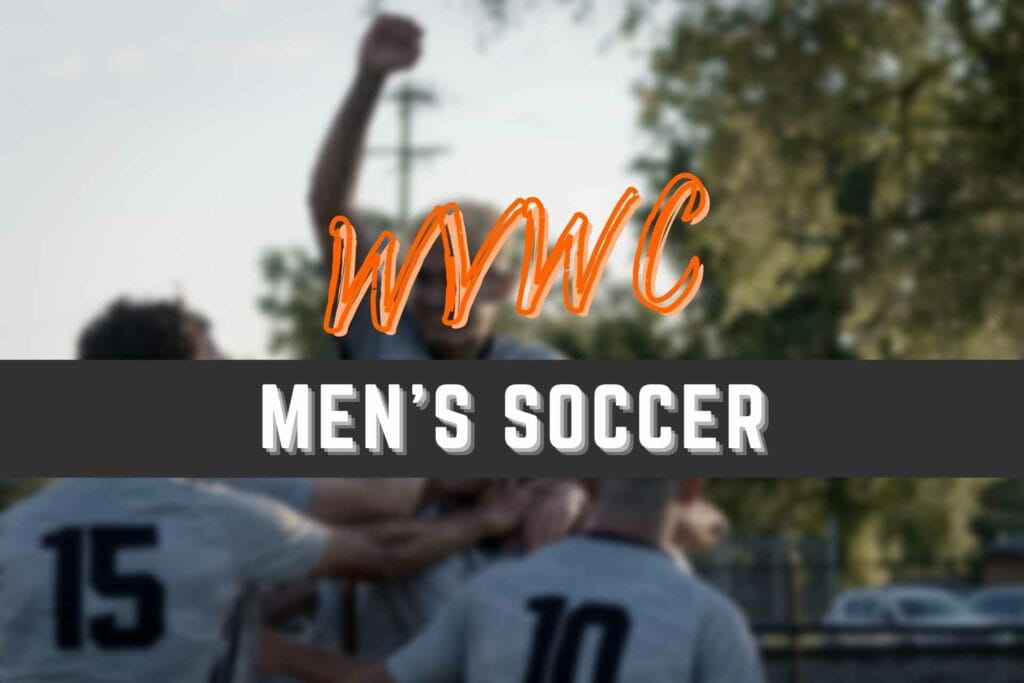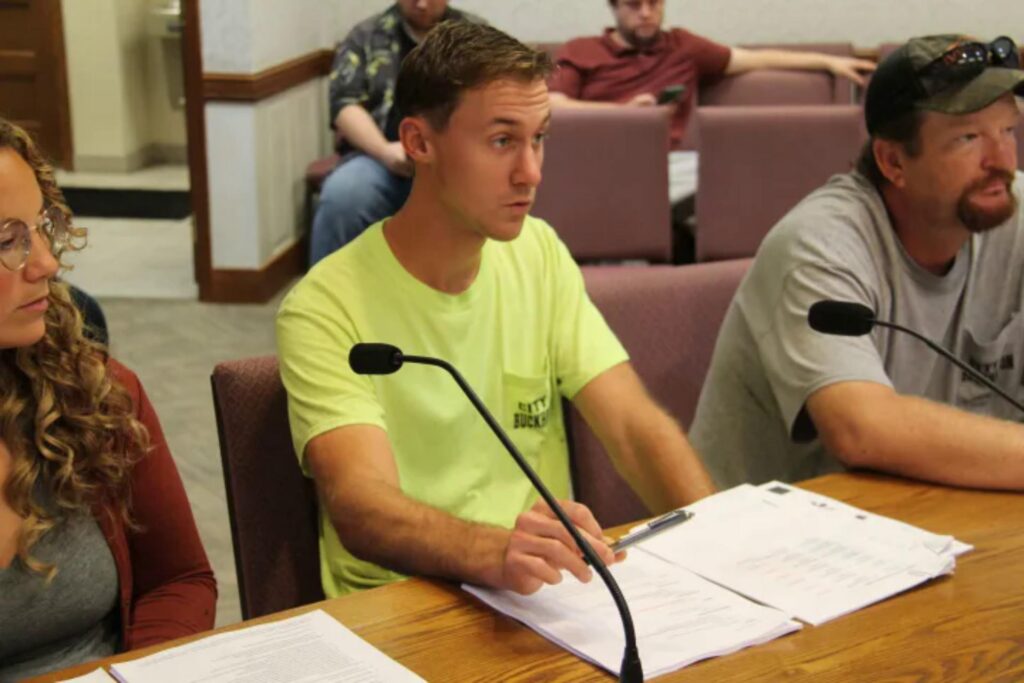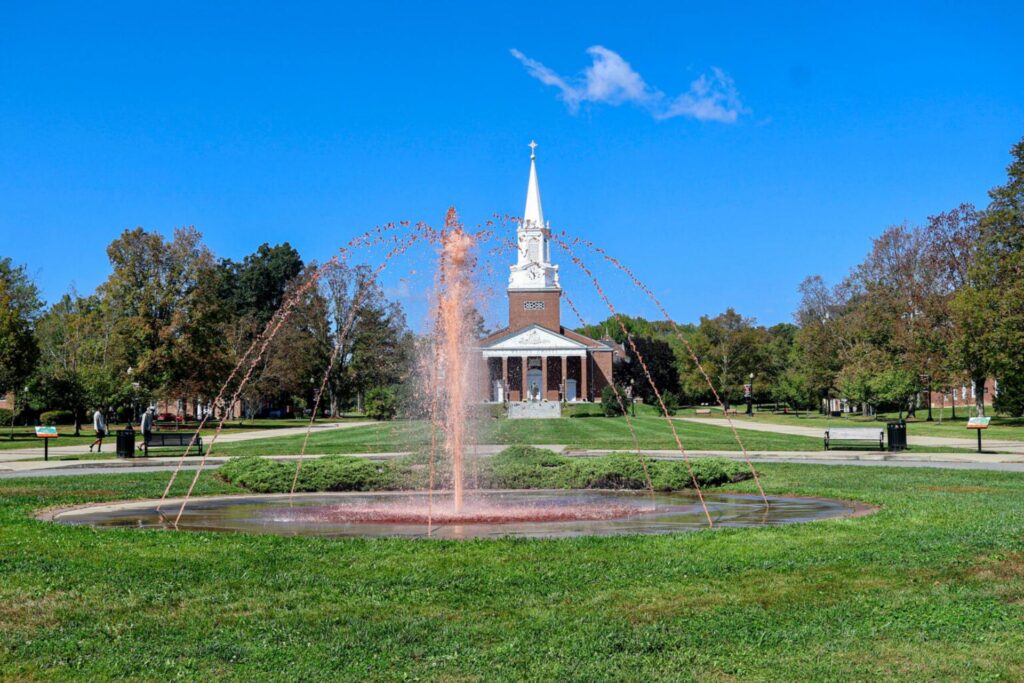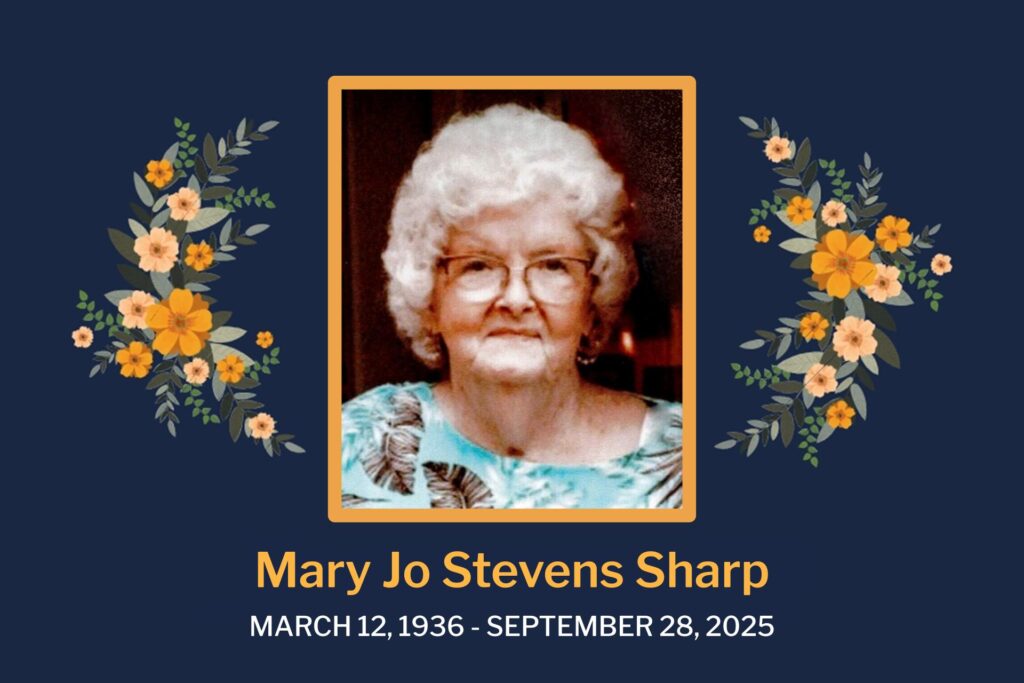MORGANTOWN, W.Va. – A potential advancement in the treatment of Alzheimer’s disease was announced Wednesday by researchers at the West Virginia University Rockefeller Neuroscience Institute (RNI).
A first in-human study, featured in the latest issue of the New England Journal of Medicine, demonstrates that focused ultrasound in combination with anti-amyloid-beta monoclonal antibody treatment can accelerate the clearance of amyloid-beta plaques in the brains of patients with Alzheimer’s disease.
Anti-amyloid-beta (Aβ) monoclonal antibody therapies, such as aducaumab, lecanemab, and donanemab, can reduce amyloid-beta plaques and slow the progression of Alzheimer’s. Until now, these promising antibody therapies had limitations in reaching the brain due to the blood-brain barrier (BBB), a protective barrier between blood vessels and the brain that blocks harmful substances from getting into the brain, but also limits the access of therapeutics. More than 98 percent of drugs do not readily cross the BBB, thus requiring systemic treatments with higher doses and more frequent therapies.
RNI scientists used a focused ultrasound (FUS) system developed by Insightec to safely and temporarily open the BBB to allow the anti-amyloid-beta antibodies increased access to targeted areas of the brain. The FUS MRI-guided treatment helmet holds more than 1,000 ultrasound transducers, which were directed to specific brain regions with high amyloid-beta plaques.
In this first-in-human proof-of-concept study, three patients (two male and one female, aged 59-77) with mild Alzheimer’s disease received six standard monthly infusions of aducanumab antibody, immediately followed by FUS-mediated BBB opening in regions with high amyloid-beta plaques. The results demonstrated the safety of this approach and increased reduction of amyloid-beta plaques measured by PET scans.
“After six months of antibody treatment, we observed an average of 32 percent more reduction in amyloid-beta plaques (53 percent centiloid) in brain areas with blood-brain barrier opening compared to areas with no such opening,” Ali Rezai, M.D., lead author of the study and executive chair of the RNI, said. “Focused ultrasound is a non-invasive outpatient procedure for BBB opening with great promise for improving drug delivery to the brain.”
“The next phase of the clinical trial will begin this year to explore how to further accelerate amyloid-beta removal in a shorter time with focused ultrasound in combination with lecanemab antibody,” according to Dr. Rezai.
“This is an exciting time in the treatment of Alzheimer’s disease,” Marc Haut, Ph.D., director of the RNI Memory Health Clinic, said. “We are hopeful that the work we are doing may lead to improvements in outcome for many other patients and their families coping with Alzheimer’s.”
The WVU Rockefeller Neuroscience Institute (RNI) is a comprehensive multidisciplinary patient care, education, and research institute providing neurological and mental healthcare for 275,000 patients annually.














